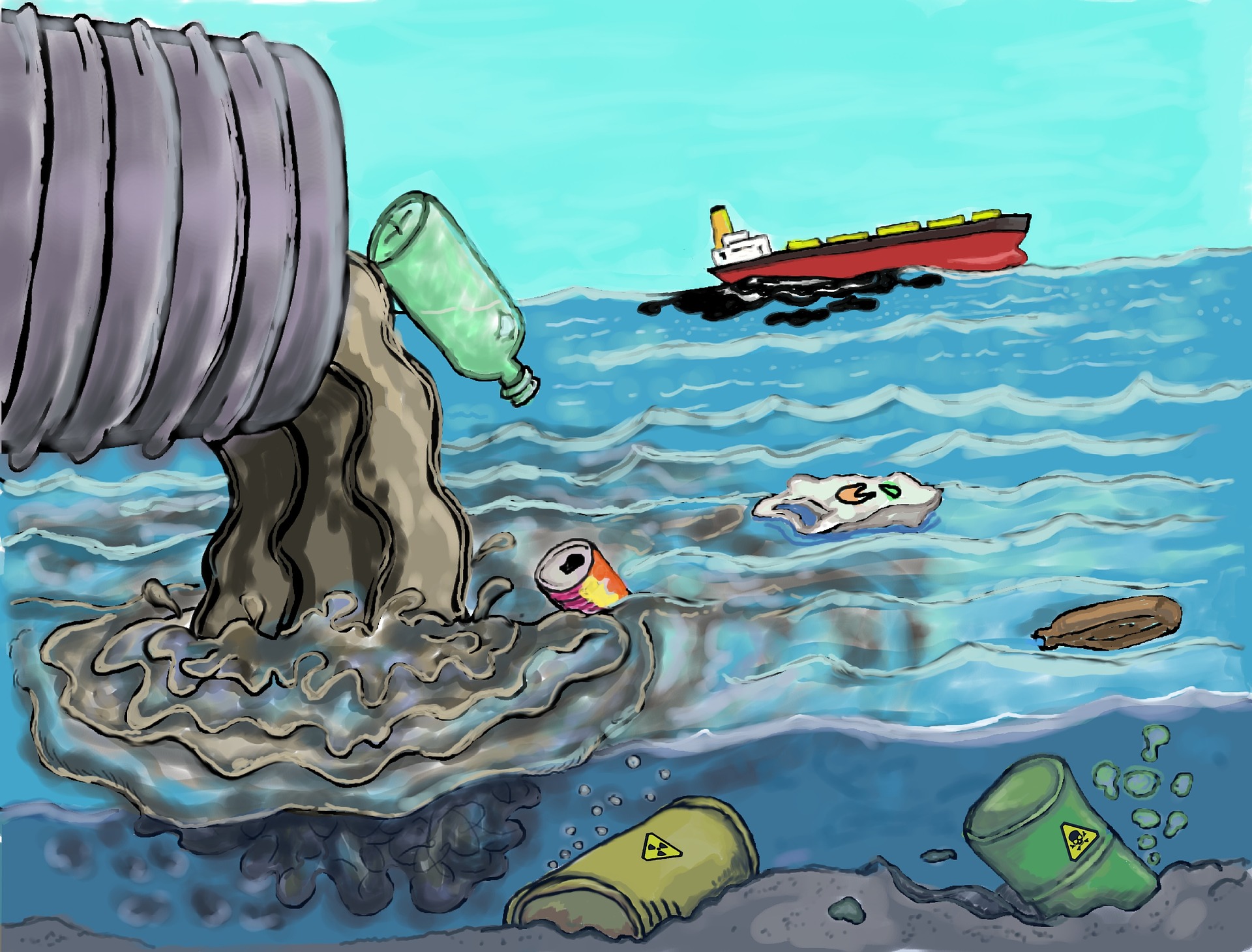Chapter 12: Case Study: Consumerism
12.1: Religion and Consumption in America
There is in Western culture a shared restlessness, a vague sense that we are “off-center.” We have achieved more, created more, conquered more, and realized more than anyone in the history of the world could have ever imagined. And yet, for many of us, there remains a longing within. How can this be? How can we have so much and still be wanting? I suspect a kernel of the answer lies in the very human tendency to try to fill our longings with things, material and otherwise, that never fully satisfy. -Mike Schut [1]

In 2006, then President George W Bush claimed that we in the United States are addicted to oil, and called for us to wean from oil consumption. American per capita oil consumption since 2006 has declined…but remains much higher than most of the rest of the world. Widespread awareness of American over-consumption grew and its concomitant impact on environmental sustainability was repeatedly announced as a primary concern of the environmental movement in the 1960s, 1970s, and 1980s, but per capita general consumption of Americans still dwarfs much of the world, and far exceeds that of many other developed nations with higher quality of living standards. In 1995, the National Religious Partnership for the Environment (NRPE) launched a Consumption Project to examine the wasteful and compulsive patterns of consumption in America, with the intent of inspiring better patterns for living through the wisdoms of religious traditions, but that project never got beyond the proposal and initial drafting stage (the never-before-published insights of the project’s authors will be summarized later in this chapter). In each of these cases, it might seem that overcoming the compulsive patterns of resource overconsumption in the US is an insurmountable challenge. It’s easy to say we’re “addicted to oil” when few will hold us accountable for doing little about it. It’s lovely to criticize consumption patterns, but are there viable alternatives that can take hold in American culture that would more sustainably provide for the well-being of both people and land? And can faith communities even offer alternative ways when the prospects of shifting American lifestyle patterns are slim, and every good suggestion (use less toxic cleaning materials, for instance) just becomes the next consumer fad (buy green cleaning supplies!)?
I began to work for NRPE right around the time that the Consumption Project was ending. The sense we had at the time was that it was just too big and too difficult a topic to address by critiquing over-consumption and offering religious ideas as an alternative. Or perhaps the prospects of any initiative that seeks to limit consumption, and thus put a drag on American economic productivity, simply loses momentum as it works against the much stronger current of American economic growth patterns. It is nearly 25 years since the NRPE Consumption Project attempted to outline some religious points of resistance to over-consumption. Those points were never well publicized, and are as relevant today as ever.
At the same time, in the meantime, local/sustainable/organic food systems have become a 800+ billion dollar segment of the economy. The automobile market is moving rapidly as of the past few years towards a shift to electric vehicles (indeed, GM and Ford have announced significant intentions in this direction). More than 6% of energy production in the US now comes from wind, and the share of coal production is down from over 50% in 1997 to less than 30% in 2018 (largely replaced by natural gas, though some of this share is being taken by new wind and solar). In Ohio, the proportion of coal in our energy source mix is down from close to 90% to less than 60% in 2017, a shift that seemed unlikely in decades past. Conceivably, therefore, the environmental impacts of American consumption may be pivoting toward much more sustainable energy and materials sources, and care for creation plays a role in motivating those changes. At the same time, eWaste (electronic waste) has become a global problem, as has plastic trash (which is polluting our oceans like a vast plastic soup that has begun to fill the bellies of whales that wash up dead on beaches) – even if we continue to reduce the impact of our consumption, and shift to less polluting sources of energy, it seems we will still need to simultaneously significantly reduce our consumption.
Frustrated by decades of good intentions and talk but little major change, I hold no illusions about the strength of human convictions to overcome our over consumptiveness; however, given the current momentum towards sustainability, it seems a good time to revisit some of the moral and ethical resources we have to temper our compulsively consumptive tendencies. If we heed the suggestions of previous chapters in this book, and take seriously the need to address the healing of persons – to address the emptiness and anxiety we live with, which billions of dollars of advertising money aim to convince us can be filled by more consumption – then maybe rather than just making progress in making our consumerism more green, we can also continue to work toward reducing the greedy and unhappy consumeristic elements of our society. Retrieving religious wisdoms to help support such goals can be one part of that movement.
- Schut, M. (1999). Simpler Living Compassionate Life: A Christian Perspective. Living the Good News: Denver, CO. pp. 10. ↵
